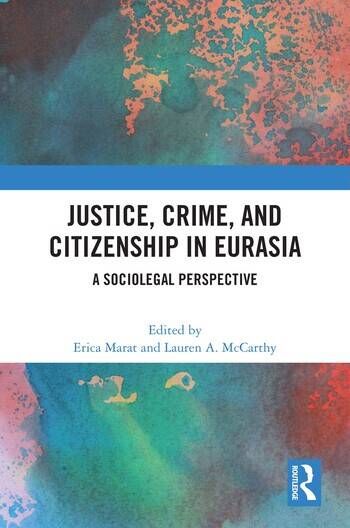
What role does law play in post-communist societies? The book examines the law as a social institution, exploring how it is shaped in everyday interactions between state and society in Eurasia, organisations and individuals, and between law enforcement and other government entities. It bridges the gap between theoretically rich work on law-in-action and the empirical reality of Eurasia.
The contributions in this volume include research on policing to the legal profession, public attitudes towards law, regime support and oppositional mobilisation, crime policy, and property rights, among others. The studies shift away from the common perception that, in Eurasia, the law exists only as a tool for the state to enforce order and suppress dissent. Instead, they show through empirical analyses that citizens evade, use, reinterpret and shape the law even in authoritarian contexts—sometimes containing state violence and challenging the regime, and, other times, reinforcing state capture from below.
The chapters in this book were originally published as a special issue of the journal Europe-Asia Studies.